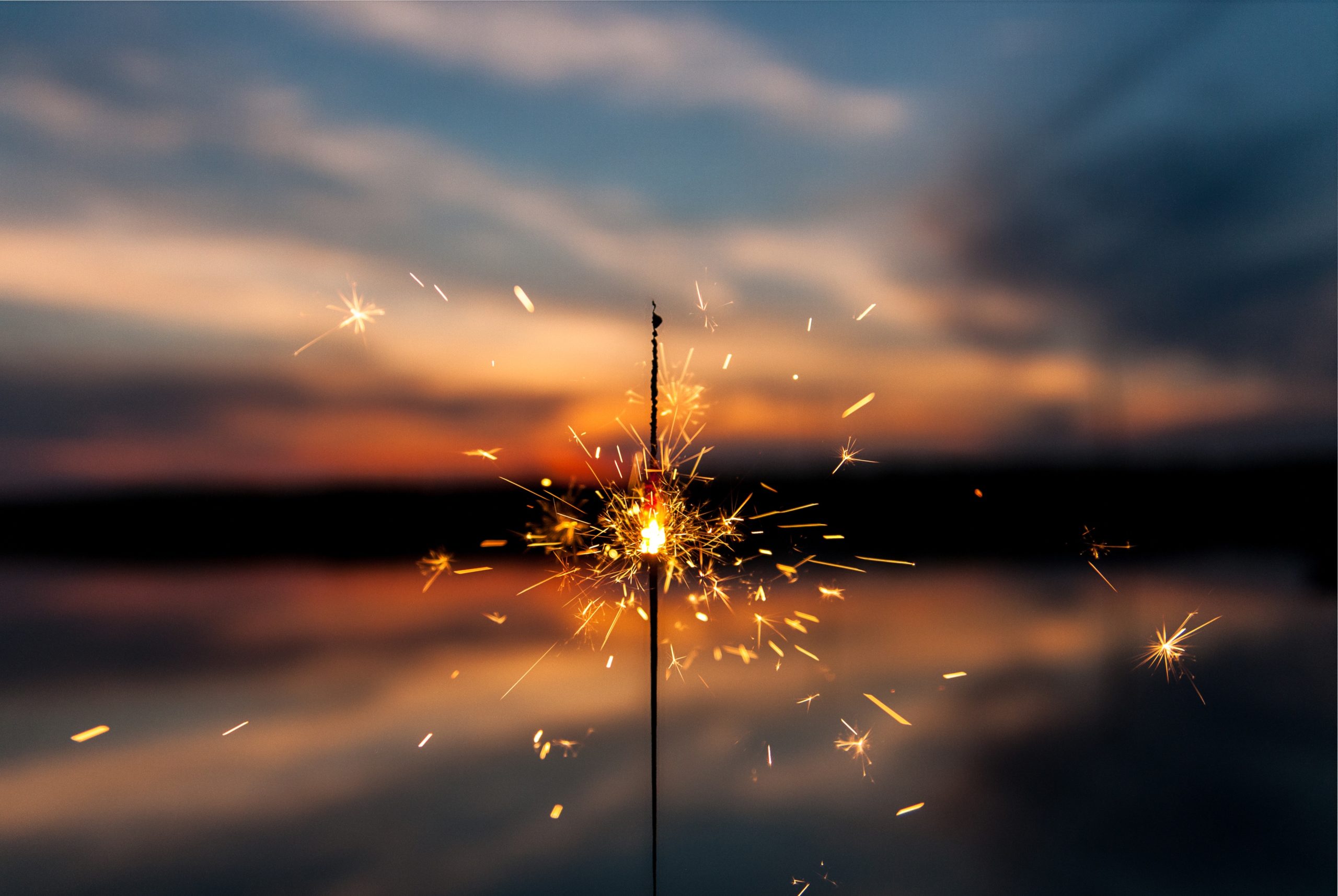If Isabel Allende was applying for the job of world’s most popular Spanish-language author, she’d totally crush it. Because let’s be real … she probably is. The Chilean-American writer, best known for penning The House of Spirits (La Casa de los Espíritus) and City of the Beasts (La Ciudad de las Bestias), among countless other mega-bestsellers, has a literary resume to end all resumes. Career highlights include: being inducted into the American Academy of Arts and Letters, winning Chile’s National Literature Prize and receiving the 2014 Presidential Medal of Freedom from President Barack Obama.
The renowned novelist sat down with Harvard Business Review to talk about her life’s work and the interview was bursting with so much wisdom, it could probably inspire an entire book. Or twenty. But I know you’ve got places to be and creativity to unleash, so here are a few Allende gems to get you started:

Isabel Allende // via panamericanworld.com
She always begins a book on January 8, the day she sat down to write her first book, The House of the Spirits.
“At the beginning it was superstition,” she told Harvard Business Review. “Now it’s just discipline.” Imagine knowing you had to start a creative endeavor on a certain date. It’d almost be like the entire universe would converge around that specific moment in time, weighing you down with the knowledge that you must begin, and however annoying, forcing you to sit down and just Get. It. Done.
Sometimes, when she’s not sure where to start, she turns to her belly.
Not her mind or her ears or her eyes or even her toenails but Allende’s tummy is where she sources her most creative thoughts. “I just sit in front of the computer and let a first sentence come out of the belly,” she told HBR. “That’s the opening line for a story but I don’t know what it’s about.”
She adopts a Michelangelean (don’t look that up, it’s a word) approach to characters.
Michelangelo likened his sculpting work not to a creation but to a revelation. “The sculptor’s hand can only break the spell to free the figures slumbering in the stone,” he famously said. For Allende, the creative process is much the same. “The first few weeks are terrible, because I have not yet found a narrative voice, the tone, the groove,” she explained in her interview. “After a few weeks the characters start to appear and tell me their stories.”
She can write about almost anything.
“At first I had the idea that each book was like a gift from heaven, and it would not happen again,” Allende said to the Review. “But now, after 35 years of writing, I know that if I give myself a subject and enough time, I can write about almost anything.” Who made up the silly rule that you should write only what you know? According to Allende, write about whatever you want and figure out the rest as you go along.
She believes great storytellers are born, not made.
Stephen King, in his ode to the written word, On Writing, said this about literary skills learned versus gifted: “While it is impossible to make a competent writer out of a bad writer, and while it is equally impossible to make a great writer out of a good one, it is possible, with lots of hard work, dedication, and timely help, to make a good writer out of a merely competent one.” To Harvard Business Review, Allende described a similar outlook: “I’ve taught creative writing at a couple of colleges, and I can teach students how to write a story but I cannot teach them storytelling. Storytelling is like an ear for music. You have it, or you don’t.”
OK, not the most optimistic Allende advice to end on, I’ll admit. Although, there is a bright side to this last piece of wisdom: Sure we can’t all be novelists worthy of Presidential acclaim but everyone—everyone—has the creative ability to write down a story and if you can do that then at least the world’s got one less story left untold.


